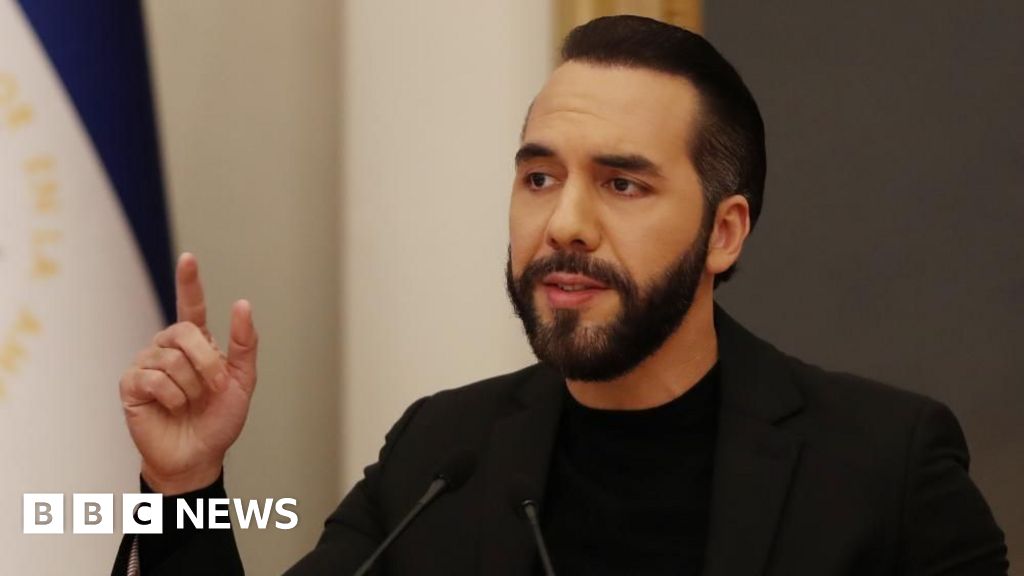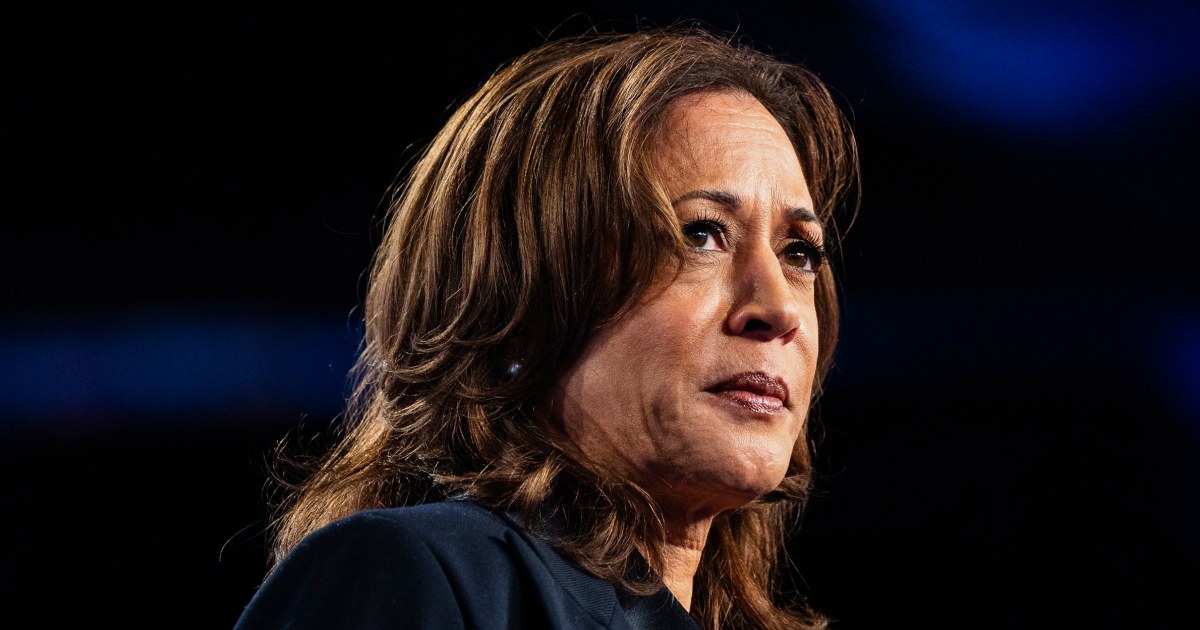El Salvador's President Scraps Term Limits

Introduction
In a controversial move, El Salvador's legislature has voted to scrap term limits for its president, paving the way for current leader Nayib Bukele to seek re-election. This decision has sparked a heated debate among citizens and political analysts, with some praising the move as a step towards political stability, while others see it as a threat to democracy.
Key Details
The reforms will extend term times to six years, giving the president more time to implement their policies and fulfill their promises. However, the next election will be brought forward to 2027, meaning Bukele's term will end sooner than expected. This has led some to speculate that the president may call for early elections in order to secure another term in office.
Bukele, a popular and charismatic leader, has been accused of authoritarian tendencies and has faced criticism for his controversial policies, including deploying the military to the streets to combat gang violence. With the removal of term limits, some fear that he may use his extended time in office to consolidate his power and suppress opposition.
Impact
The decision to remove term limits has also raised concerns about the future of democracy in El Salvador. Critics argue that this move undermines the principles of checks and balances and the peaceful transfer of power, which are crucial for a healthy democracy. It remains to be seen whether this decision will bring about
About the People Mentioned
Nayib Bukele
Nayib Armando Bukele Ortez, born July 24, 1981, in San Salvador, is the current president of El Salvador, serving since 2019[2][3]. He is the son of a wealthy entrepreneur of Palestinian descent, Armando Bukele, and grew up in a privileged environment[4][5]. Bukele began his career in business, managing a Yamaha dealership and a nightclub before entering politics in 2011[4]. His political rise was rapid: elected mayor of the small town of Nuevo Cuscatlán in 2012 as a member of the leftist Farabundo Martí National Liberation Front (FMLN), he then became mayor of San Salvador in 2015, where he gained popularity for urban revitalization projects and a strong social media presence[3][4]. Bukele’s relationship with the FMLN soured over allegations of corruption and internal disputes, leading to his expulsion from the party in 2017[3][4]. Undeterred, he founded his own political movement, Nuevas Ideas (New Ideas), and, after legal obstacles, ran for president in 2019 with the Grand Alliance for National Unity (GANA), winning with 53% of the vote[2][3]. At 37, he became the youngest elected president in Latin American history, ending decades of dominance by the FMLN and the conservative Nationalist Republican Alliance (ARENA)[3]. As president, Bukele quickly consolidated power, using his party’s legislative majority to remove Supreme Court justices and the attorney general, actions widely criticized as undermining judicial independence and democratic checks and balances[1][6]. He gained international attention—and controversy—for his hardline “iron fist” policies against gangs, notably the 2022 crackdown that led to over 85,000 arrests amid allegations of widespread human rights abuses[2][5]. Domestically, he remains highly popular, with approval ratings often exceeding 90%, credited with reducing crime but criticized for eroding civil liberties and press freedoms[2][5]. Bukele was re-elected in February 2024 with 85% of the vote, a result enabled by a controversial constitutional reinterpretation allowing consecutive presidential terms[2]. His administration continues to prioritize security and economic modernization, while facing ongoing scrutiny from international human rights organizations over democratic backsliding[6]. Bukele’s blend of millennial charisma, social media savvy, and authoritarian tendencies has made him a polarizing figure both at home and abroad, emblematic of a new style of leadership in Latin America[4][5].
About the Organizations Mentioned
El Salvador's legislature
## El Salvador’s Legislature: Organization, History, and Current Status El Salvador’s legislature, officially known as the Legislative Assembly (Asamblea Legislativa), is the unicameral body responsible for the country’s lawmaking and oversight of government operations[1][2]. As the legislative branch of El Salvador’s democratic republic, its primary functions include enacting laws, ratifying international treaties, approving the national budget, and conducting oversight of the executive branch[1][2]. The Assembly’s decisions require different majority thresholds depending on the issue—ordinary laws need a simple majority, while constitutional amendments or emergency measures may require a three-quarters majority[1]. ## Historical Evolution The Legislative Assembly traces its origins to the Central American Congress established in 1824, initially as a bicameral body[2]. Over the centuries, El Salvador’s constitution underwent several reforms, and by 1886, the legislature became unicameral[2]. Until 2024, the Assembly comprised 84 deputies elected by popular vote for three-year terms, with the possibility of immediate re-election[1][2]. However, a significant structural change occurred in 2023–2024, when the number of seats was reduced from 84 to 60, reflecting a broader political realignment under President Nayib Bukele[2]. ## Key Achievements and Notable Aspects Throughout its history, the Legislative Assembly has played a pivotal role in shaping El Salvador’s political landscape. It has passed landmark legislation on economic reform, public security, and social policy. However, recent years have seen heightened controversy, particularly regarding the independence of state institutions. In May 2021, the Assembly dismissed five Supreme Court justices and the attorney general, actions widely criticized as undermining judicial independence and the separation of powers[4]. Such moves have sparked debates about the balance between executive authority and legislative oversight in El Salvador’s democracy. ## Current Status As of 2024, the Legislative












